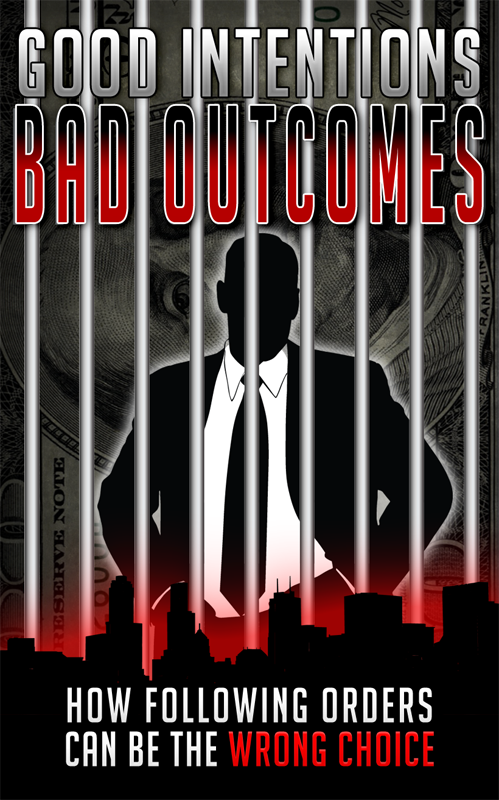 Summary: Exercising professional skepticism is one of the most important responsibilities of an auditor and an accountant. This case highlights one accountant’s struggle with exercising professional skepticism while evaluating a client’s financial statements. Additionally, this case discusses how exercising professional skepticism can be important in identifying fraud.
Summary: Exercising professional skepticism is one of the most important responsibilities of an auditor and an accountant. This case highlights one accountant’s struggle with exercising professional skepticism while evaluating a client’s financial statements. Additionally, this case discusses how exercising professional skepticism can be important in identifying fraud.
Learning Objectives: After reading the case the student will be able to:
1. Gain an understanding of the importance of professional skepticism.
2. Gain an understanding of audit quality.
3. Improve critical thinking skills.
4. Gain an understanding of the role accountants/auditors have in fighting fraud.
5. Be able to discuss the role of the whistleblower.
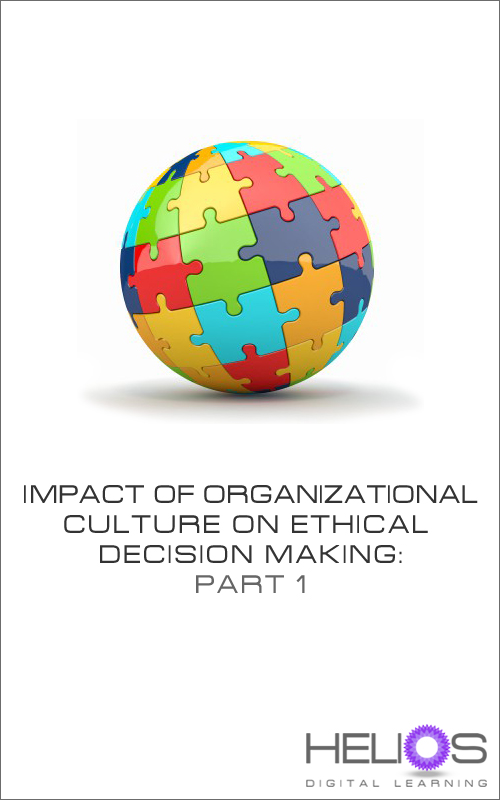 Summary: We are faced with difficult business choices every day. “Good people” can make unethical decisions, so it is critical to develop a sound personal moral compass early in one’s career. This e-case explores one young stockbroker’s experience in the brokerage industry and how his moral compass was impacted by corporate culture.
Summary: We are faced with difficult business choices every day. “Good people” can make unethical decisions, so it is critical to develop a sound personal moral compass early in one’s career. This e-case explores one young stockbroker’s experience in the brokerage industry and how his moral compass was impacted by corporate culture.
Learning Objectives: After reading this case, students will be able to:
1. Gain an understanding of how "good" people can make "bad" ethical decisions.
2. Describe and explain virtue-based framework for thinking about ethical character.
3. Explain how corporate culture can impact ethical decision making.
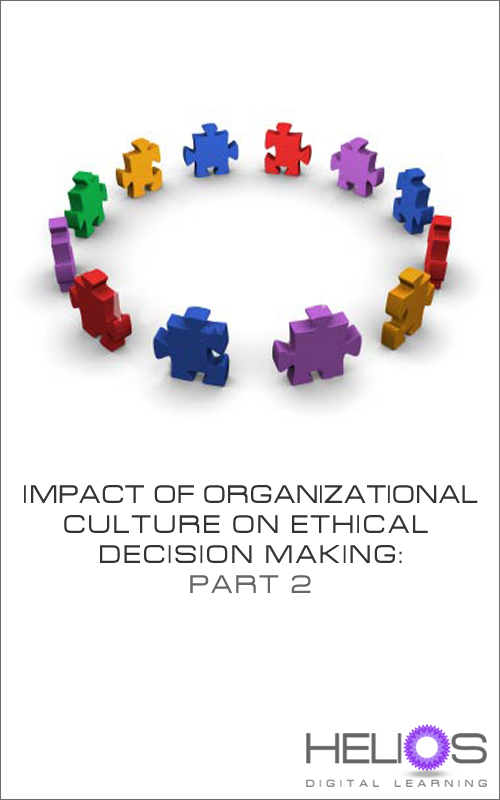 Summary: Incentive-based compensation often has both a negative and positive impact in today’s corporate environment. Corporate agents are often placed in difficult situations that can lead to conflict between making decisions that are in the best interest of one’s self, but not necessarily the best decisions for the company. Concepts of fairness and entitlement often impact behavioral finance decision making. This case serves as an illustrative example of how issues of overconfidence, fairness and entitlement can impact one’s decision making in our regulated financial markets.
Summary: Incentive-based compensation often has both a negative and positive impact in today’s corporate environment. Corporate agents are often placed in difficult situations that can lead to conflict between making decisions that are in the best interest of one’s self, but not necessarily the best decisions for the company. Concepts of fairness and entitlement often impact behavioral finance decision making. This case serves as an illustrative example of how issues of overconfidence, fairness and entitlement can impact one’s decision making in our regulated financial markets.
Learning Objectives: After reading this case, students will be able to:
1. Evaluate how entitlement can impact decision making.
2. Gain an understanding of how overconfidence can impact decision making.
3. Learn how excessive optimism can impact decision making.
 Summary: In this Helios motion comic, students are presented with an ethical dilemma and asked to evaluate the decision of Harry, a middle-aged accounting manager turned white-collar fraudster. This case illustrates how pressure, opportunity and rationalization can converge to lead ordinary people to commit extraordinary crimes. This motion comic is based on a true story.
Summary: In this Helios motion comic, students are presented with an ethical dilemma and asked to evaluate the decision of Harry, a middle-aged accounting manager turned white-collar fraudster. This case illustrates how pressure, opportunity and rationalization can converge to lead ordinary people to commit extraordinary crimes. This motion comic is based on a true story.
Learning Objectives: After viewing and reading case, students will be able to:
1. Understand the fraud triangle.
2. Be able to identify the elements of Pressure, Opportunity and Rationalization in a given situation.
3. Be able to identify the lack of internal controls which make the Opportunity to commit fraud available in a given situation.
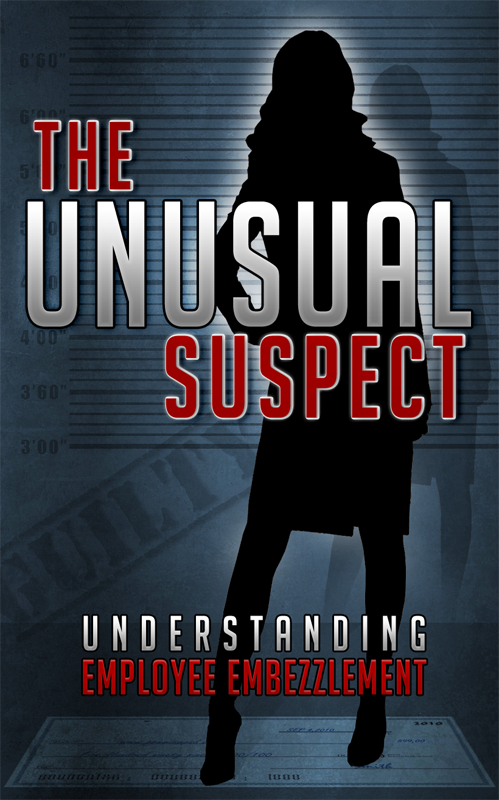 Summary: Business fraud is a major issue in today’s economy. The ability to identify fraud constructs before they cause damage can be key in preventing large-scale corporate malfeasance. This case provides an overview of common fraud schemes used in embezzlement. In addition, this case illustrates the fraud triangle as it relates to ethical decision making.
Summary: Business fraud is a major issue in today’s economy. The ability to identify fraud constructs before they cause damage can be key in preventing large-scale corporate malfeasance. This case provides an overview of common fraud schemes used in embezzlement. In addition, this case illustrates the fraud triangle as it relates to ethical decision making.
Learning Objectives: After reading the case, students will be able to:
1. Identify the basic types of fraud.
2. Gain an understanding of common fraud schemes.
3. Gain an applied understanding of the fraud triangle.
4. Discuss techniques that can identify fraud.
5. Gain an understanding of recent embezzlement cases.
6. Improve critical thinking skills.
